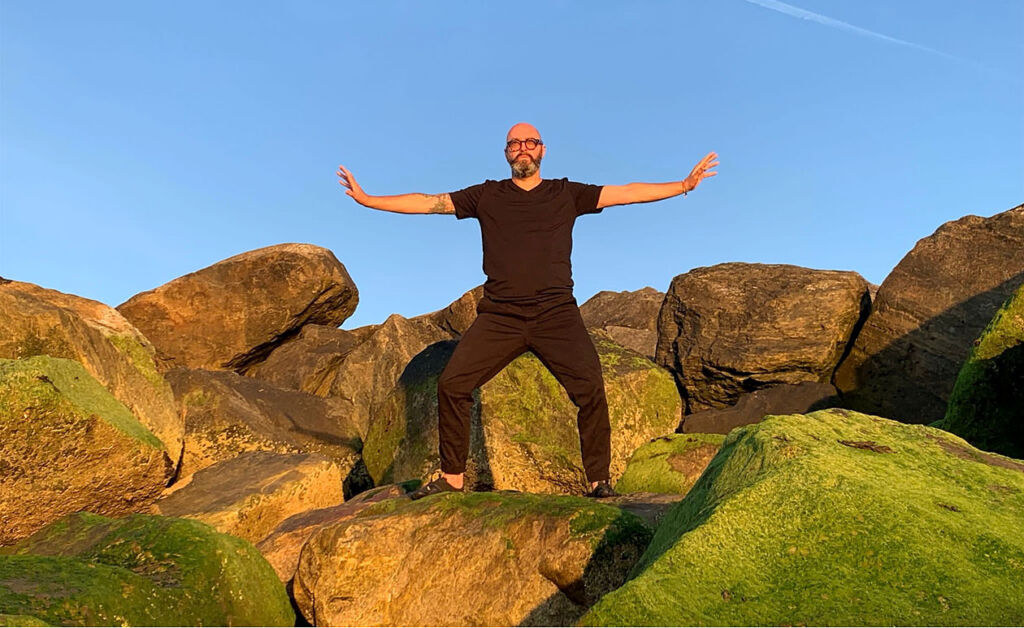
Tim is a wellbeing coach who helps individuals manage their anxiety and stress levels through simplicity, compassion and balance. After 17 years of studying and practising Tai Chi and Tao philosophy, Tim took the leap and launched i-Qi-coaching leaving his corporate job in the luxury industry. We caught up with Tim to discuss in detail.
Luxurious Magazine: Let’s start at the beginning; what is I-Qi?
Tim Johnson: The ‘i’ denotes the number of words, i.e. intelligence, independence, but one word which stands out for me is individual. As human beings, we are all wonderfully different in many areas. This individuality helps give us our character and sensibilities.
One of the core values of i-Qi-coaching is compassion, which for us means treating every person we deal with, with the same understanding of their individuality and care for their needs, whether this is during a 1:1 session or part of a group.
In Mandarin, Qi (pronounced chi) means the breath or life force. It is the energy that infuses the planet, flora and fauna and every living thing. How we cultivate this Qi and how we use it, or not, is, of course, entirely up to us. However, I would say simplicity enhances Qi, and complexity depletes Qi.
LM: We understand you have been practising Tai Chi and the Tao philosophy for 17 years. What led you down this path?
Tim: This is an interesting question, as there was no precise moment, but more an encroaching feeling. I had seen people doing tai chi on TV, and whilst not as exciting as Bruce Lee and Kung Fu, which proliferated when I was younger, for me, it felt deeper. Not that I was able to articulate this feeling at that time.
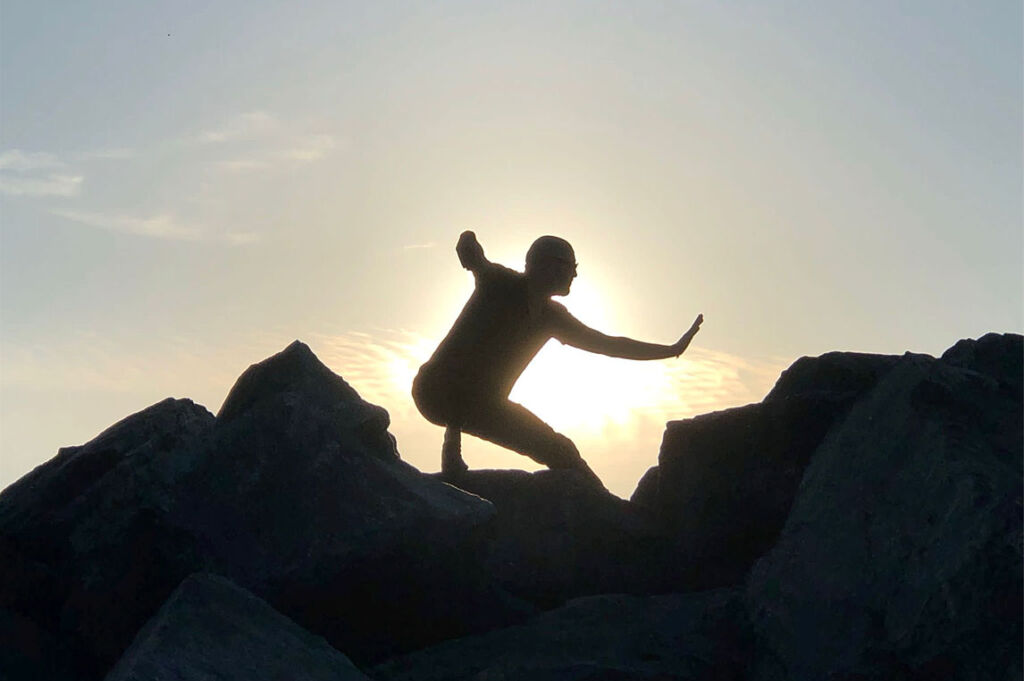
I think I liked the serenity these people exuded when they were practising their moves. I also liked the fact that there were many different age groups, which spoke to my sense of collective. I tried it first in my early 20’s. However, this experience tainted my view for several years. It left me cold. I did not understand why until several years later. I found a group that taught philosophy, not only behind each movement but behind Taoism. It took me a little while to realise that knowing the WHY of the Tao was the missing piece. It spoke to both my physical and mental side.
LM: What was the reason behind launching I-Qi coaching?
Tim: After spending 25 years of my life within a luxury corporate environment, I had begun to feel my dedication had run its course. I spoke earlier about an encroaching feeling. It was the same with my decision to quit my previous role.
As a trainer & coach for an international luxury company, I had increasingly begun to centre my training around the core values of i-Qi-coaching, simplicity – compassion – balance, using breathing and meditation techniques to help our people have greater control over their anxiety & stress. I used to look after the UK and Russian markets, so I had great scope to practice with colleagues who worked with us from all over the world.
It became increasingly clear that people needed to feel compassion and better understand what they could control. This compassionate understanding helped with their anxiety. It prompted me to take a course as a wellbeing coach (NHS accredited), which helped give me a better grasp of individual needs and how I can help.
During the first lockdown, I held online sessions with colleagues in Latin America & Australia. The response from my peers worldwide and the teams they organised the sessions for was astounding. My training and coaching colleagues reported an upturn in their team focus, decreased stress levels and more resilience during this exceptionally tough time.
It gave me the confidence to think; not only was this something I could do, but it was something that could have a positive impact in helping a wider spectrum of people.

LM: How important are courses like these for modern life? Do you think the onset of covid has changed the way we view life?
Tim: Courses like Dynamic Qi are hugely important, particularly in this current climate. The growth of the wellbeing sector is steadily increasing, indicating people have a need to feel better about themselves. Covid has played a very specific part in this.
It has brought a greater sense of our own mortality to us, no matter what generation or demographic we belong to. This increased worry has exacerbated our thought process to understand and appreciate what we are facing every day in our lives in more detail. It has prompted us to examine what we can do to help alleviate the anxiety and toxic stress that can be if we let it.
If there can ever really be an upside to a pandemic, it is the awareness we now have. Knowing what makes us feel good or uneasy, having a more in-depth view as to how we work towards finding that balance.
Disciplines like Qigong, tai chi, and yoga come from practices with a two millennia history. With the advancement of medicine and culture, we have lost sight of these simple moves and how they can keep us balanced. Our minds and bodies have not changed that much in the last 2000 years, they are still looking for harmony within themselves, and this should co-exist beautifully with modern medicine and culture.
LM: Talk us through what the course entails and what can students learn from it?
Tim: The 8-week Dynamic Qi course gives the participants a tool bag of information and exercises to incorporate into their everyday lives.
Long term, this infusing of cortisol in the bloodstream has a negative and toxic effect on the body. We will always start with a stress test within each session, so the participants can see how stressed they may be from the day. To balance this, we will practise several different breathing exercises, which can be used for different situations to help them relax or stay focused.
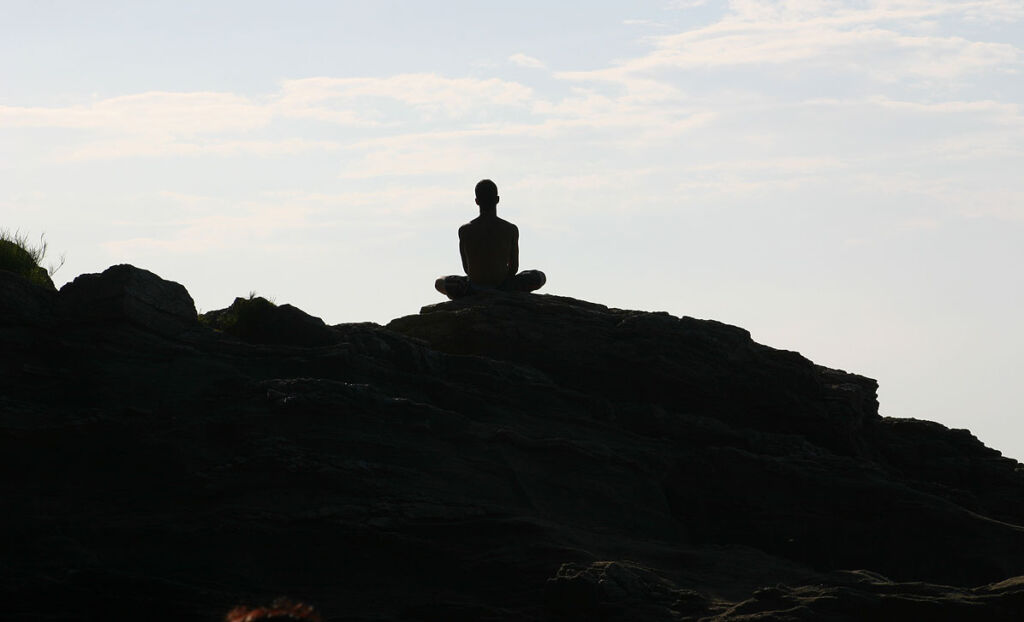
The meditations tap into the deeper cognitive side of you and let you listen to your mind with compassion rather than irritancy. Qigong exercises can help you massage your internal organs, gather, circulate and purify your Qi, and a tai chi exercise called ‘the 4 walls’, which will take several of the eight weeks to learn.
We then use this in a meditative sense to increase both our physical balance and the balance between the heart and the mind. When practised over time, these new habits will give the participants greater clarity of thought and focus with more energy whilst also paradoxically relaxing them.
LM: Who is the course aimed at, and do you need any previous knowledge of Tai chi, or can anyone sign up?
Tim: Simply put, the course is aimed at anyone and everyone. In an era where very few practice self-compassion, this is the course to do it. This course is to help you be kinder to yourself. Any measurements used are purely between the person and their mind and bodies. Only they will truly know how badly affected they are from the travails of their life and the improvements they will see over two months.
The course begins with a blank page in mind. An aspect I love about Taoism; is it comes from a position of humility. I love the phrase, ‘I am a fool who knows nothing’. This means we are at that space in our minds where we can cast our ego aside, be humble and just learn.
LM: Once people complete the course, what other guidance can they expect?
Tim: Participants can choose to carry on with a group, move into a more experienced class, or a 1:1 session, which will lend itself more to wellbeing with specific needs and outcomes. Or they may feel they have found what they need. I will always be there to offer non-judgemental thought and guidance if required.
We have to remember eight weeks is not a length of time that will eradicate all sense of anxiety or stress; it is only just a beginning. It will, however, give the participant an overview as to whether they wish to carry on exploring. It is entirely up to the minds and bodies of the participant what they get out of the course; some will want to go deeper, some will use it as a way of finding a little relaxation and all points in between.
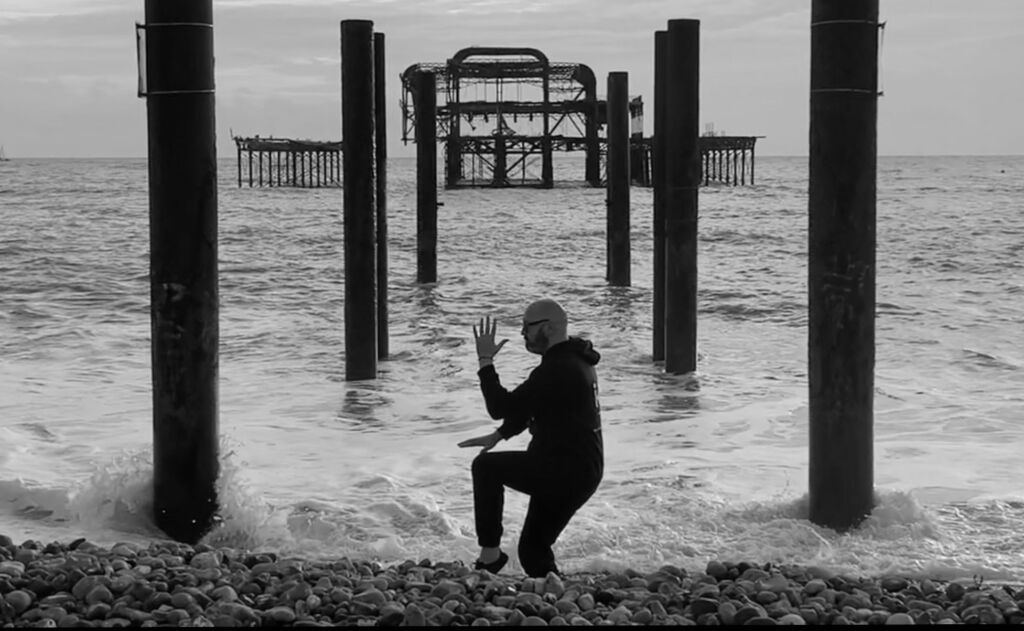
LM: How often would you need to practice to make a real difference?
Tim: Like anything in life, doing something once gives an example and a small understanding. Practising takes a person deeper in exploration, which enhances their understanding.
To really make a difference, a person would need to practice every day. This could be as little as 15 minutes or as long as an hour. The important aspect is creating a little ritual as an act of self-compassion that is yours and yours alone. Of course, if a day is missed for any reason, the world will not stop turning, not even for a nano-second; just be mindful as to why it was missed and carry on the next day. Remember, this is about you and how it makes you feel, not me or anyone else.
The Dynamic Qi breathing, and meditation exercises we will do, are simple and do not take long to pick up. The more you practice something, the easier it becomes and the greater the benefits.
i-Qi – Where and How?
To find out more about i-Qi coaching, visit www.i-qi-coaching.com.
Read more exclusive interviews here.
![]()

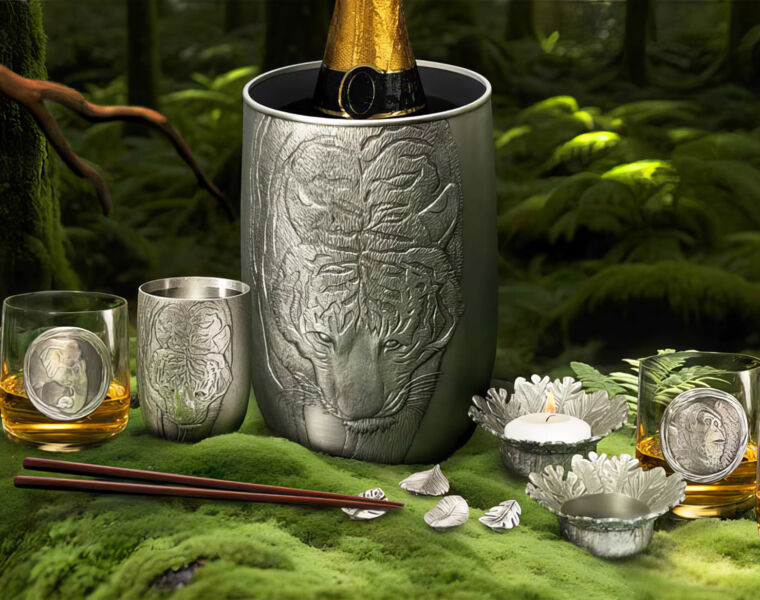
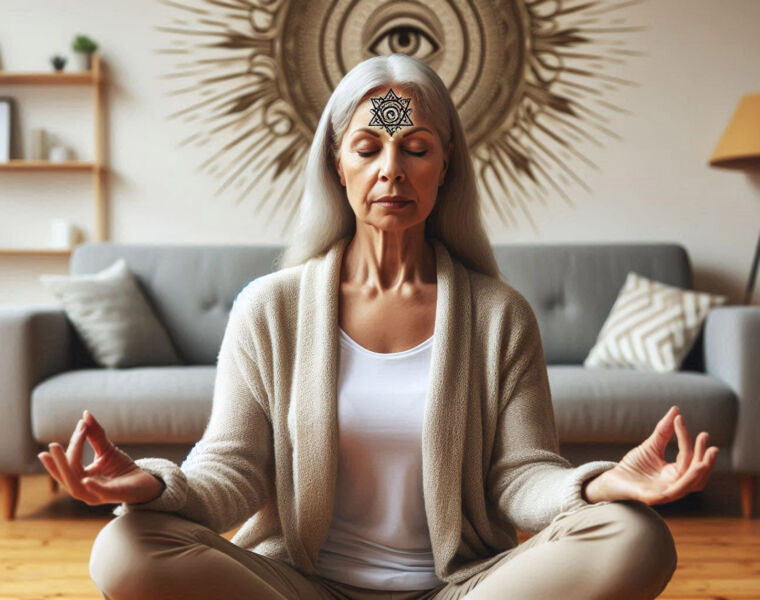

You must be logged in to post a comment.